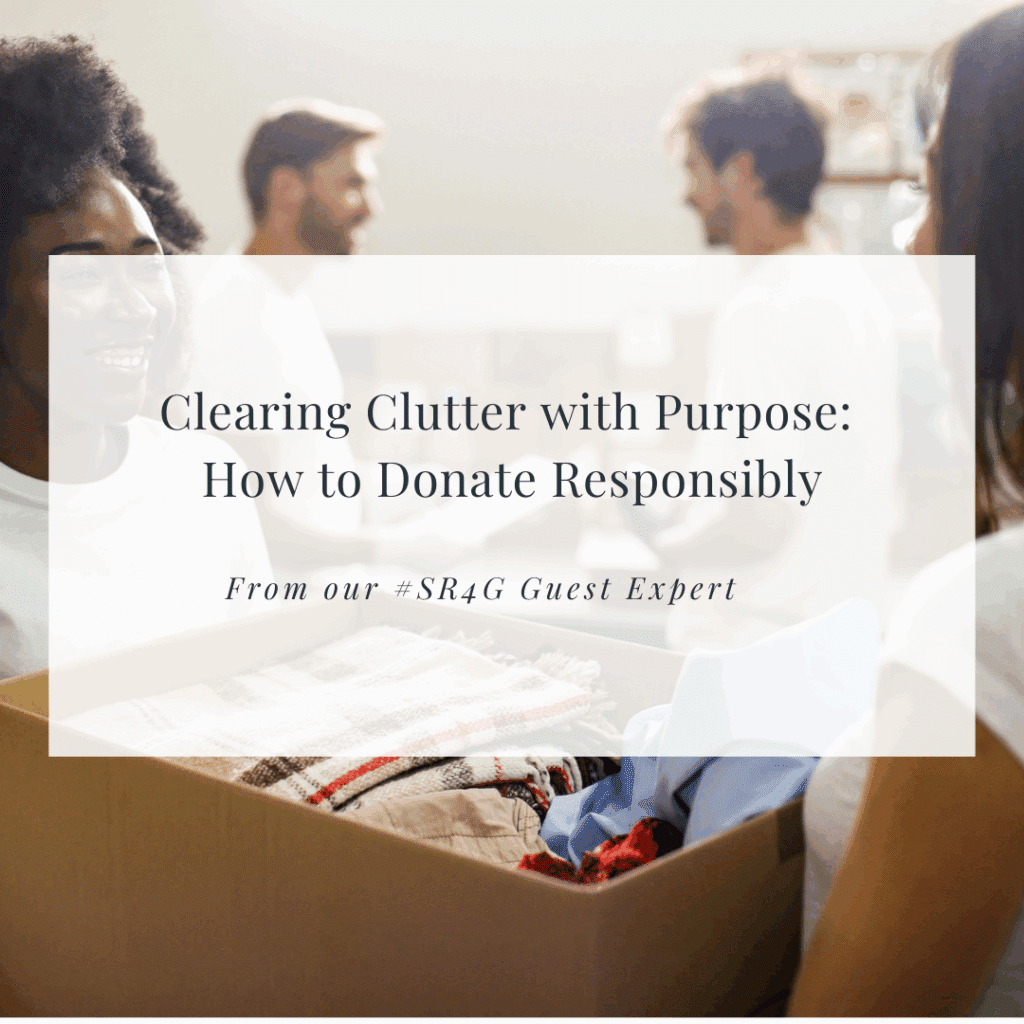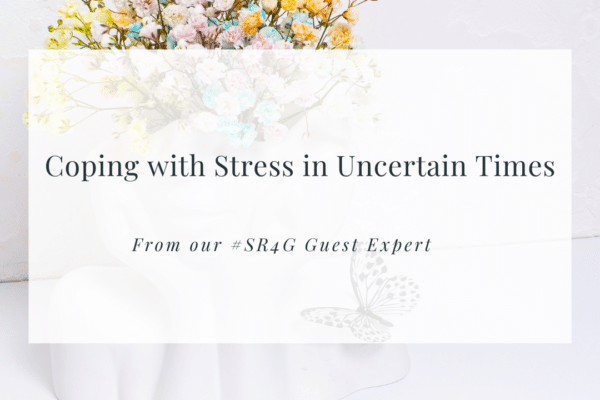
Decluttering is a wonderful way to lighten your space and your mind—but what happens after the clutter leaves your home matters just as much as the act of letting go. Just like you wouldn’t toss sensitive paperwork into the trash without shredding it, we should take the same level of care with our items when donating. Thoughtful donations not only keep things out of landfills but also help our communities in meaningful, tangible ways.
Let’s start with those old towels, blankets, or linens. If they’re too worn for people, they may still be perfect for our furry friends. Local animal shelters are always in need of soft, used textiles for bedding, cleaning, and comfort. Instead of tossing them in the trash or a random donation bin, drop them off where they’ll provide warmth and security to pets waiting for their forever homes.
Have a closet full of gently-used professional clothing? Organizations that support individuals entering or re-entering the workforce—like Dress for Success or local job readiness programs—are always looking for business attire in good condition. Your old blazer or pair of slacks could help someone show up to an interview with confidence and dignity. Clothing that’s practical, polished, and seasonally appropriate can make a big impact.
Furniture and household items, especially basics like beds, dressers, cookware, or dish sets, are in high demand with nonprofits that help individuals and families transitioning out of homelessness or domestic crisis. What may seem like “just an extra nightstand” in your garage could be exactly what someone needs to turn an empty apartment into a home. Look for local organizations or charities that specialize in home setups or furniture banks.
Books, too, deserve a thoughtful second life. Instead of letting them gather dust or dumping them in bulk at a thrift store, consider donating them to libraries, school programs, or literacy nonprofits. Children’s books in particular are often in high demand for classrooms, family shelters, and pediatric waiting rooms. And if you’ve got puzzles or games with all their pieces, those can be great additions to after-school programs or senior centers.
Finally, remember that not everything needs to be donated in bulk. Even a small batch of craft supplies, office materials, or unopened toiletries can be incredibly useful to teachers, shelters, or community centers. A little research goes a long way in matching your unwanted items with the right recipients. The goal isn’t just to declutter—it’s to pass things on with intention and care.
Let’s make space and make a difference.
—Valerie Ruha
Very Organized by Valerie



